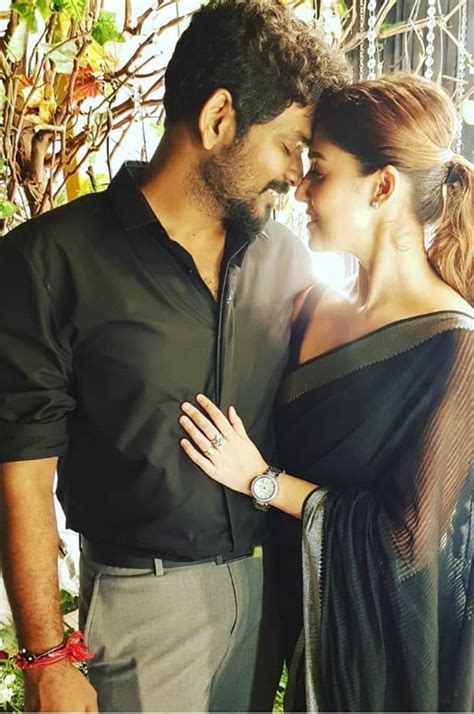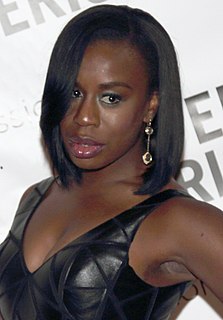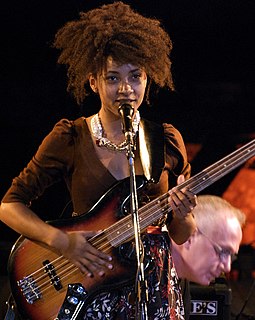A Quote by Mike McCue
I was really excited by the idea that people were sharing information now and discovering information in a totally new way on the Internet via Twitter and Facebook, yet that experience was pretty clunk and just lots of bit.ly links.
Related Quotes
The Internet, like all intellectual technologies has a trade off. As we train our brains to use it, as we adapt to the environment of the internet, which is an environment of kind of constant immersion and information and constant distractions, interruptions, juggling lots of messages, lots of bits of information.
I draw a distinction between freedom of the internet and freedom via the internet. In the first case, it's making sure cyberspace is not over regulated and people can say what they want without fear of repercussions. But that's different from this freedom via the internet notion, which is often touted by all sorts of conservatives and neoconservatives who want young people in the Middle East and elsewhere in the world to use Facebook and Twitter and then go oppose their governments.
Normally if you add information to information, you have more information. In case of my art, I destroy information, I would say, because the image is disturbed by the writings. In a way, they become pure imagery. For me it's really fun because it's an idealistic approach to images, to just play around with information and see what's happening.
As recently as the '70s, people were forced to see information that they didn't agree with in newspapers and the like. Now there is so much information you really can build your own walled garden that just has the stuff that reinforces your view. I think it applies to all of us. People are really going into these separate camps, and that's the big social challenge in this age of too much information. How do we crack that and create a common dialogue?
You know, entropy is associated thermodynamically, in systems involving heat, with disorder. And in an analogous way, information is associated with disorder, which seems paradoxical. But when you think about it, a bit of information is a surprise. If you already knew what the message contained, there would be no new information in it.



































